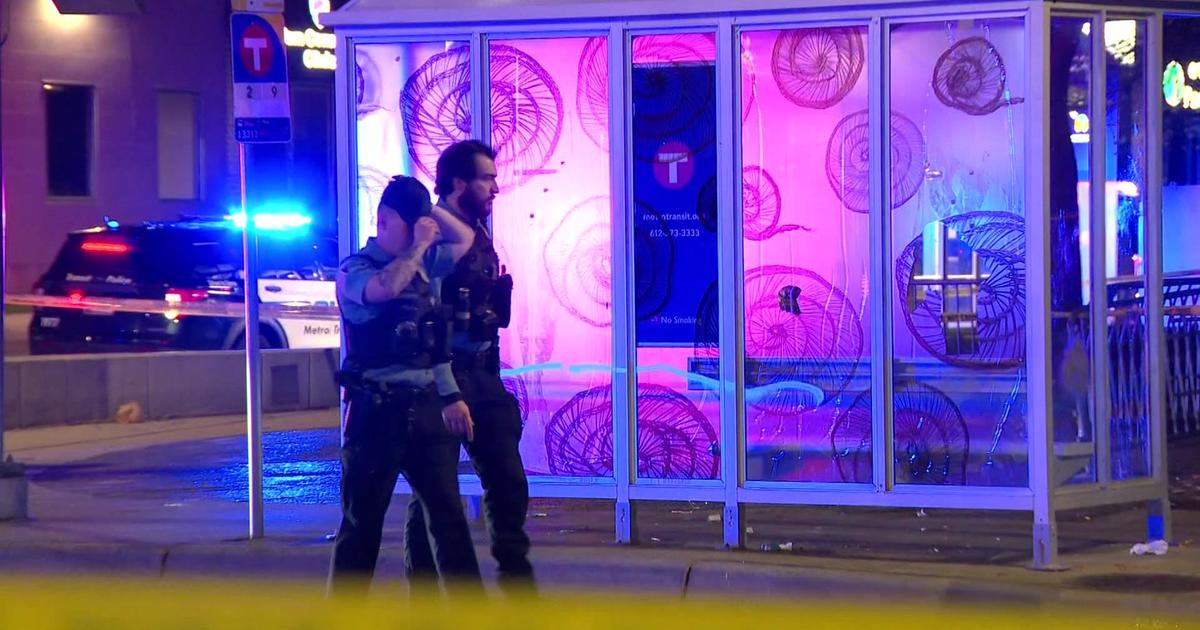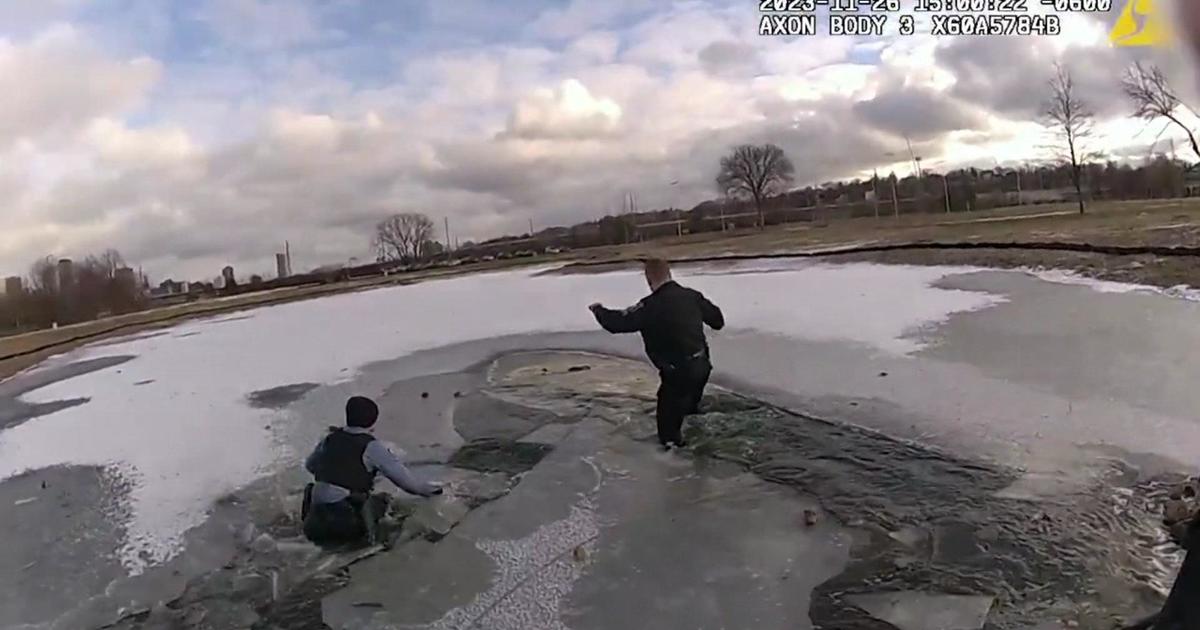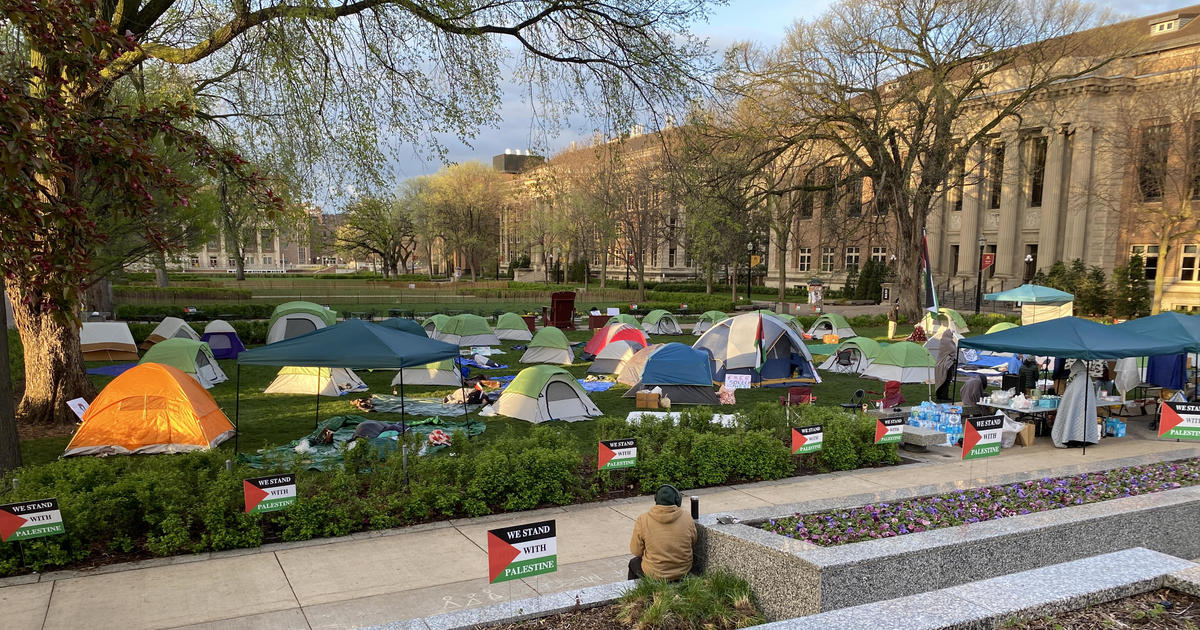AG Merrick Garland in Minneapolis Friday as DOJ investigation into MPD practices wraps
MINNEAPOLIS -- A highly-anticipated investigation into Minneapolis Police is expected to wrap up Friday.
WCCO has just learned Attorney General Merrick Garland will be in Minneapolis to announce the findings of a two-year DOJ investigation into the patterns and practices of the Minneapolis Police Department. Garland announced the investigation the day after Derek Chauvin's conviction for the murder of George Floyd.
The results are expected to show that the Minneapolis Police Department has a history of using excessive force and violating the civil rights of citizens, especially Persons of Color.
The Attorney General is also expected to announce that MPD will be put under a consent decree. That means that the Department would operate under a federal court order until it meets specific constitutional guidelines.
The MPD is already operating under a state settlement agreement, after a similar investigation by the state. Among the mandates of the state agreement are improved training and no searches based on the smell of marijuana.
The City of Minneapolis will hardly be the first city to be put under a federal consent decree. The Department of Justice says 17 cities, because of their policing practices, are under some sort of federal court agreement. They range from large cities like Detroit to smaller communities like Ferguson, Missouri.
Minneapolis Police Chief Brian O'Hara came from Newark, New Jersey, where a consent decree has been in place since 2016. WCCO did reach out to O'Hara, as well as Minneapolis Mayor Jacob Frey, and did not hear back.
Michelle Gross with Communities United Against Police Brutality helped gather thousands of testimonies for the DOJ to consider in its investigation.
She sees a consent decree as a significant step toward needed change.
"It's sad that George Floyd had to die to make that happen, but I'm really pleased that this is at least a good outcome from his death, that we now have an outside agency that's going to hold the city accountable," Gross said.
A consent decree would be a court order overseeing how MPD operates. It could affect training, policies and address other questions too.
"How are they to do actual policing? How are they to go through a neighborhood? Stop vehicles? Conduct searches? When can they use force?" said Joe Tamburino, a criminal defense attorney. "All of these things, and there are monitors who are appointed."
Gross says consent decrees have proven to be effective in other cities at reducing use-of-force incidents.
"This is an ongoing process that'll last for some years, and that's ok because it takes a long time to change a culture," she said. "It's a lot of work, but it's work that's very worthwhile."
The Police Officers Federation of Minneapolis, which represents the department's rank and file, declined to comment on Friday's announcement.




